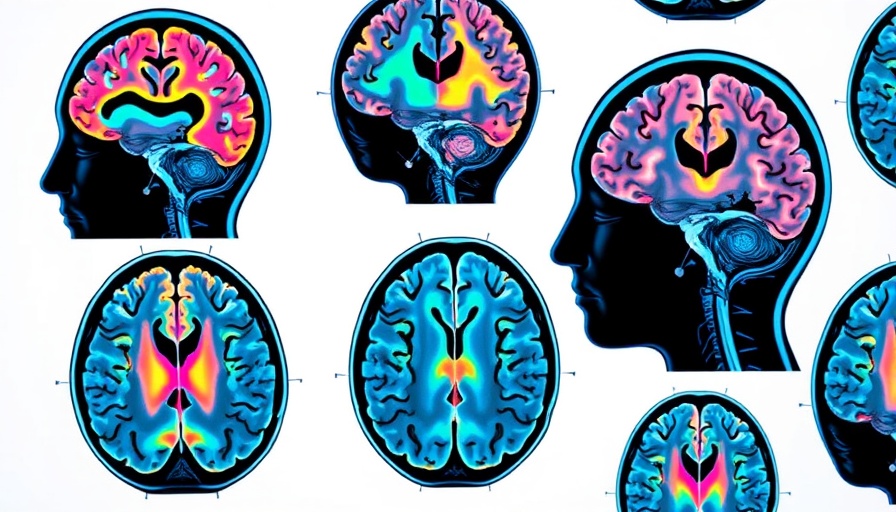
The Essential Connection Between Sleep Disorders and Brain Health
In a rapidly changing world, proper sleep is often one of the first casualties. With 20% to 35% of the population suffering from chronic sleep disorders and a staggering number of teenagers and adults experiencing short-term sleep deprivation, understanding how these conditions impact brain health could unlock better treatments and therapies. Recent research from Jülich Institute highlights that there are significant differences in how sleep deprivation and chronic sleep disorders impact the brain, and knowing these differences can empower individuals to seek better sleep solutions.
Understanding the Brain's Response to Sleep Deprivation
According to researcher Dr. Masoud Tahmasian, the ramifications of poor sleep extend beyond just feeling tired. He notes that sleep deprivation can lead to numerous negative consequences, including emotional instability, impaired memory, and difficulty performing everyday tasks. Sleep is a vital to cognitive function, and the more we understand its role, the better prepared we are to prioritize it.
Chronic Sleep Disorders: A Broader Perspective
Individuals suffering from chronic sleep disorders such as insomnia and obstructive sleep apnea may have their brain functions inhibited in distinctive ways. The Jülich study, which analyzed data from 231 brain studies, found that the brain structures affected by short-term sleep deprivation differ from those affected by more long-term pathological sleep disorders. This distinction is vital, reinforcing the need for tailored interventions for various sleep issues.
The Ripple Effects of Sleep Deprivation on Daily Life
When it comes to the effects of sleep deprivation, the symptoms may initially appear similar across the board, including irritability and decreased attention. However, chronic sleep deprivation can have serious implications for brain development and emotional stability. Understanding these impacts can aid in establishing a sleep hygiene routine that promotes better recovery and function during daylight hours.
Future Predictions in Sleep Research
As sleep science continues to evolve, the focus will likely expand on individualized treatments for sleep disorders, addressing not only the symptoms but also the underlying brain-related issues. Advanced imaging and continuous tracking technologies may soon provide insights into personal sleep patterns, allowing for proactive steps in health management.
Empowering Change: The Importance of Prioritizing Sleep
In conclusion, the findings of the Jülich researchers serve as a crucial reminder of the importance of sleep in our lives. By understanding the distinct effects of different types of sleep disruptions, individuals can take actionable steps to improve their sleep hygiene. Whether implementing relaxation techniques, reducing screen time, or seeking professional help, every effort contributes to better overall health.
Taking charge of your sleep can lead to improved mental clarity, higher productivity, and overall well-being. As a call to action, consider your sleep habits—is it time for a change? Reassessing and improving your sleep hygiene can lead to remarkable health benefits.
 Add Row
Add Row  Add
Add 




 Add Row
Add Row  Add
Add 

Write A Comment